'Here & Now' Highlights: U.S. Rep. Gwen Moore
Here's what guests on the July 18, 2025 episode said about the One Big Beautiful Bill Act's spending cuts at the national level.
By Frederica Freyberg | Here & Now
July 21, 2025
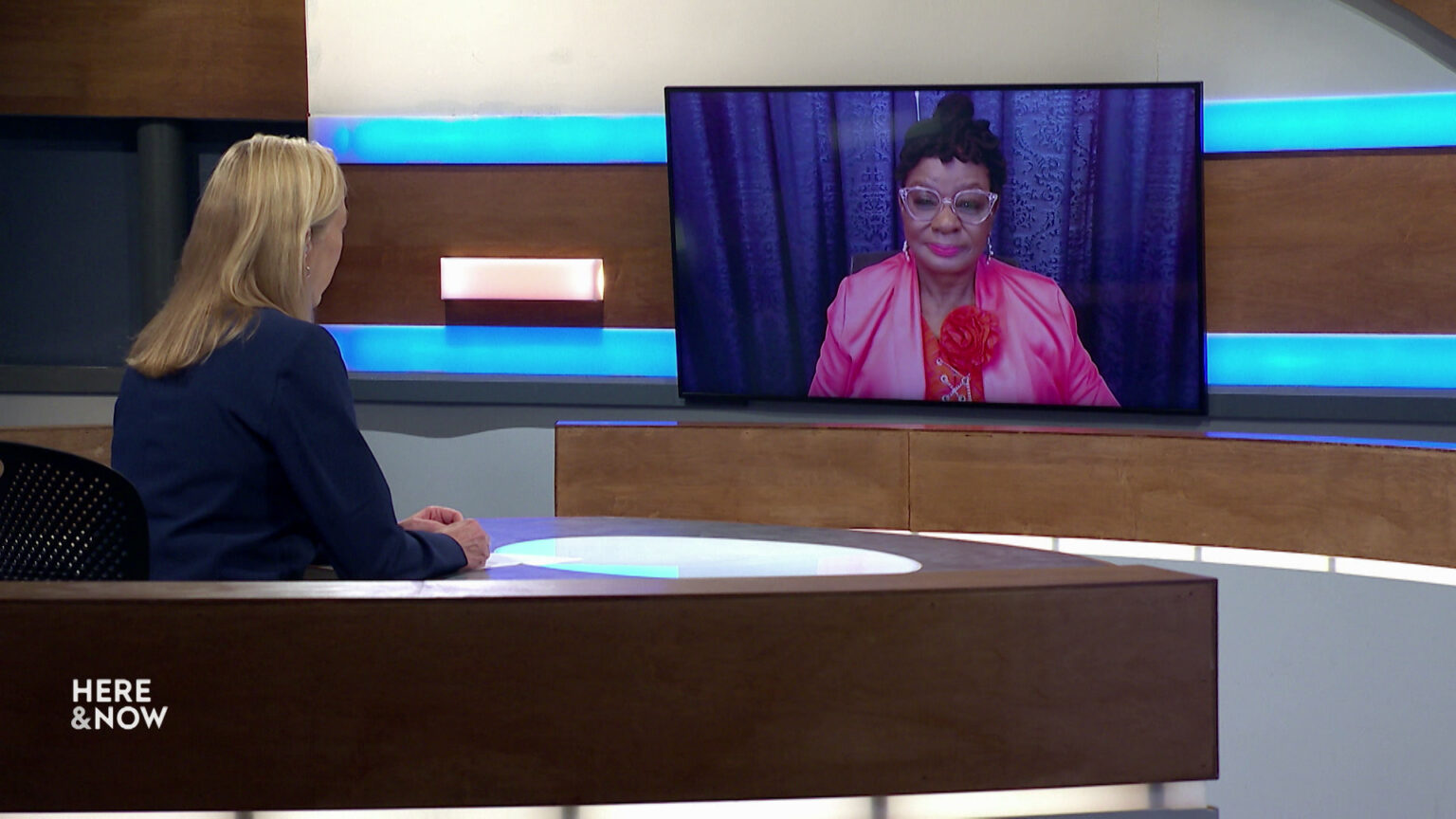
Frederica Freyberg and U.S. Rep. Gwen Moore (Credit: PBS Wisconsin)
The Republican majorities in Congress passed and President Donald Trump signed the One Big Beautiful Act in early July. In the aftermath of the enactment of the tax and spending cuts law, Milwaukee Democratic U.S. Rep. Gwen Moore said the sharpest impacts will be to health care.
U.S. Rep. Gwen Moore
D-4th Congressional District
- Moore described how the One Big Beautiful Bill Act makes cuts to Medicaid, the federal health care program for low-income and disabled people as they affect both her Milwaukee constituents and others statewide. She said Congressional Democrats are looking toward taking back majorities in the 2026 midterm elections to be able to change course on what she described as the bill’s “cruelty.”
- Moore: “I think that the thing that is most outstanding in this bill is the impact that will have on health care, on the Medicaid cuts — Badger Care, as we call it in Wisconsin — the Affordable Care Act, Obamacare cuts. When you combine the work requirements to receive Medicaid — the confluence of all those forces means that they’ll probably be something like 276,000 people in Wisconsin who will not receive any kind of health care. Just the work requirements themselves will cost 68,000 individuals with no dependents to lose health care. And so the theory of the case is that these are just lazy boys in their mama’s basements playing video games, and there’d be no harm and no foul to cut them off, notwithstanding the fact we believe this is not a real person, this is just a trope. We’re saying that in Wisconsin, a person who, say, has two minimum wage jobs working at a fast food restaurant, they will — at minimum wage, working full time —they will make too much money to be eligible for Medicaid. So they’ll be thrown — whether they work or not — they won’t receive Medicaid. And then there are numbers of people who are truly eligible. They have children, they’re already working. Most people who receive Medicaid are already working, but the numbers of the bureaucracy and the paperwork that they have added into the bill is really something that they have monetized. They have monetized people’s mistakes, so that if you don’t re-up or come in every six months to reconfirm that you’re still disabled or that you will find yourself off Medicaid. And then, those of you remember, Wisconsin was one of those states — I believe it was about 11 states — that hadn’t taken advantage of the expansion of the Affordable Care Act. And those people will see their premiums go eight, nine times the amount that they’re currently paying.”
Watch new episodes of Here & Now at 7:30 p.m. on Fridays.
 Passport
Passport





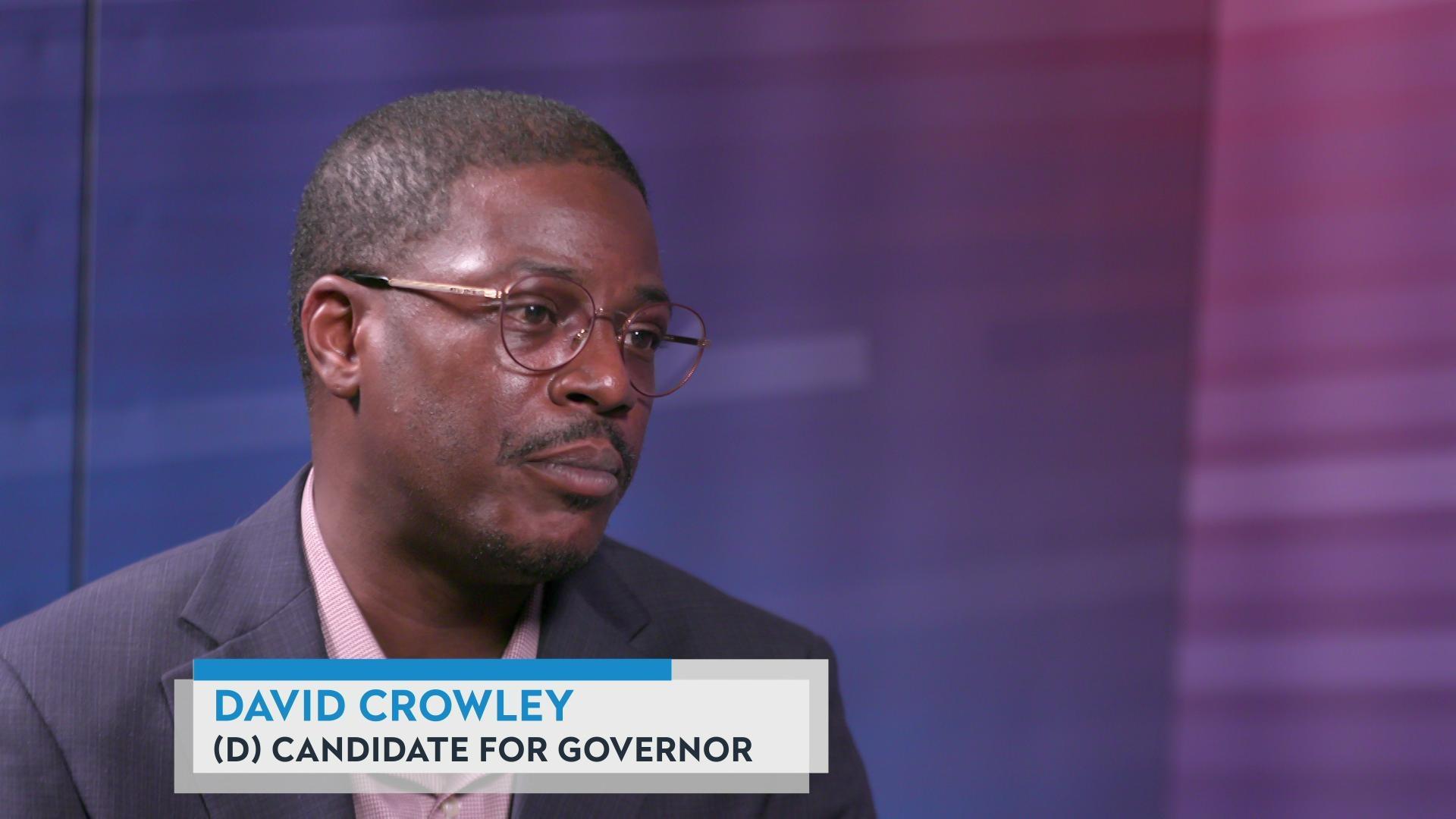
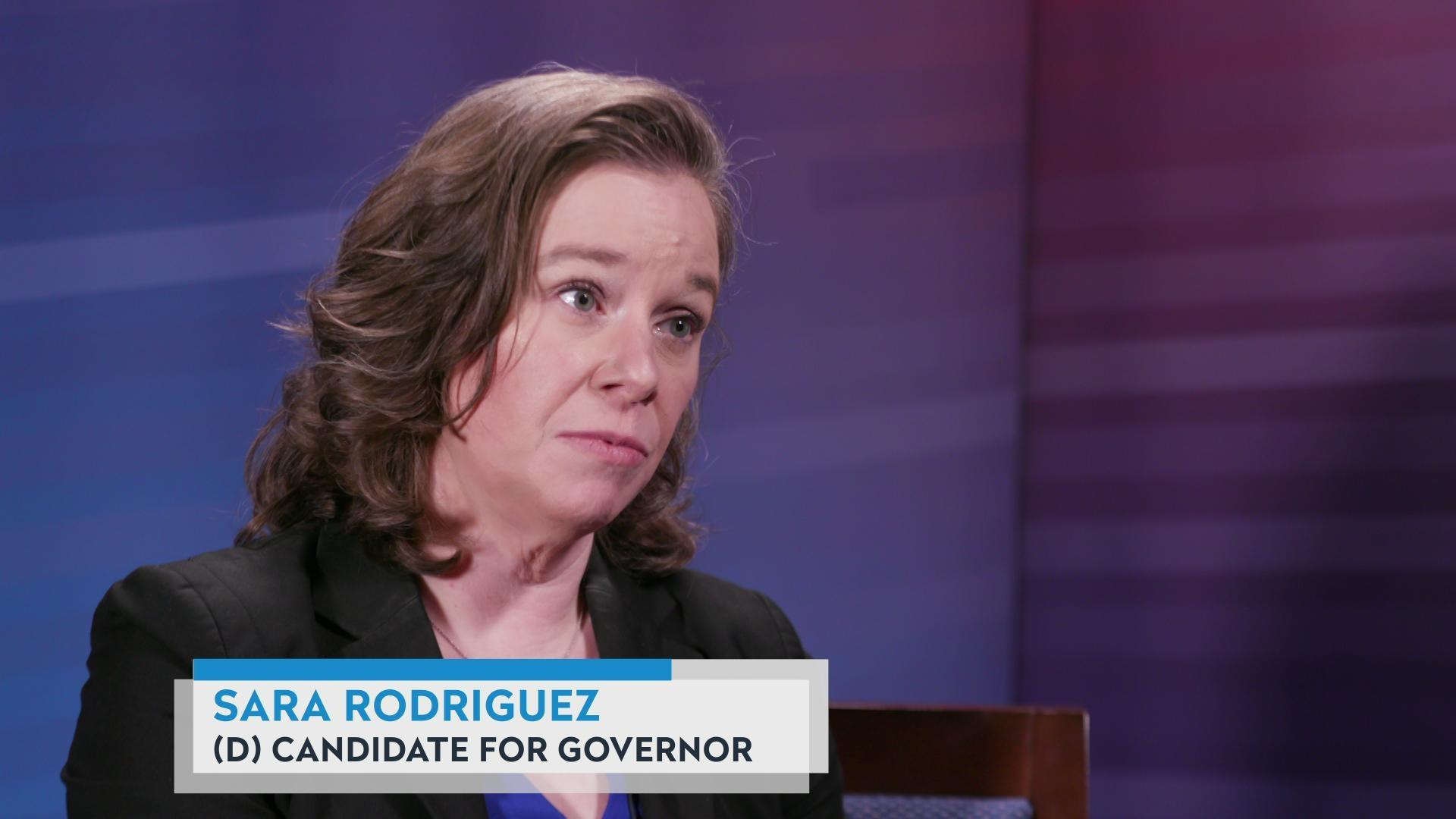
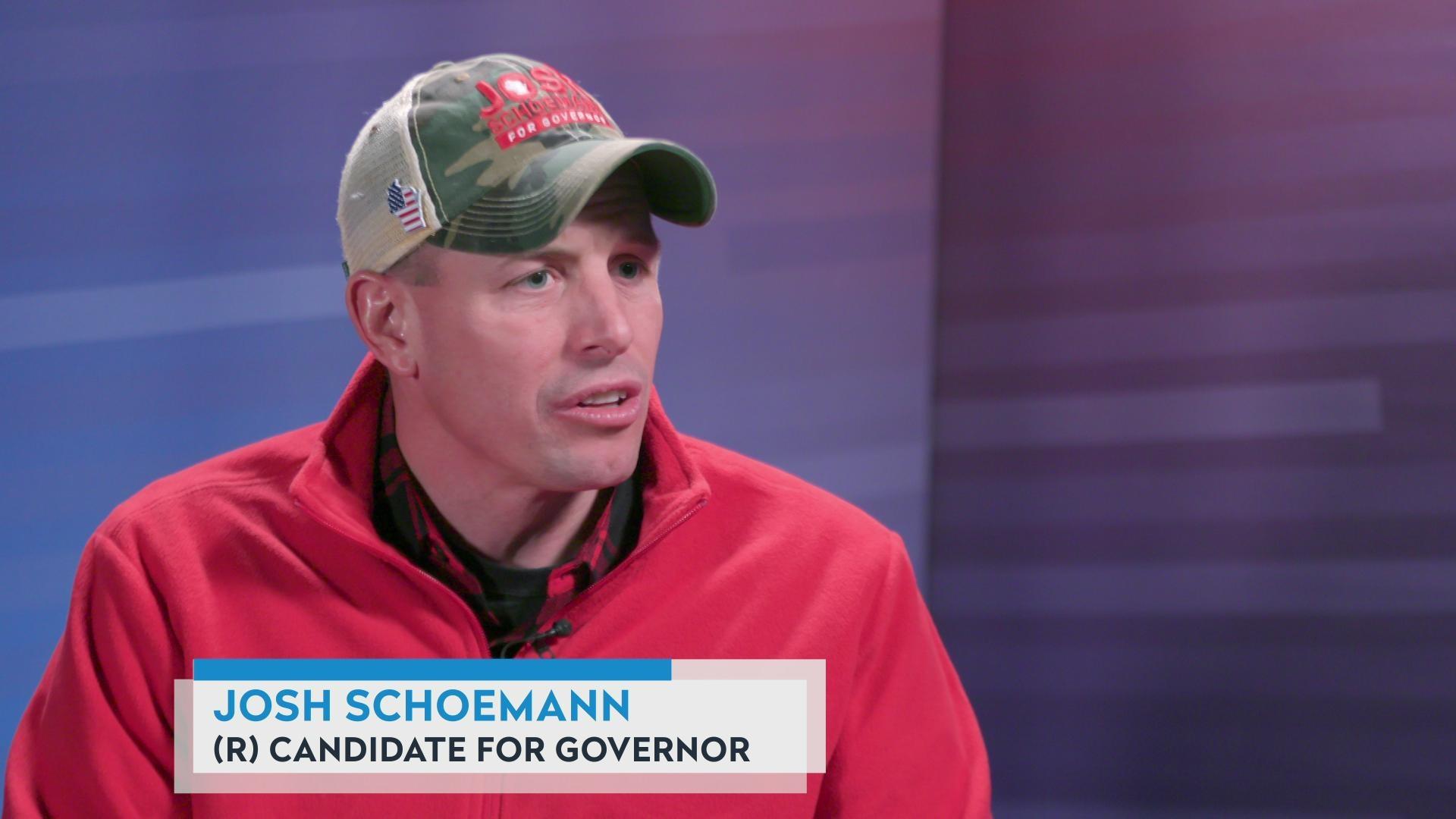
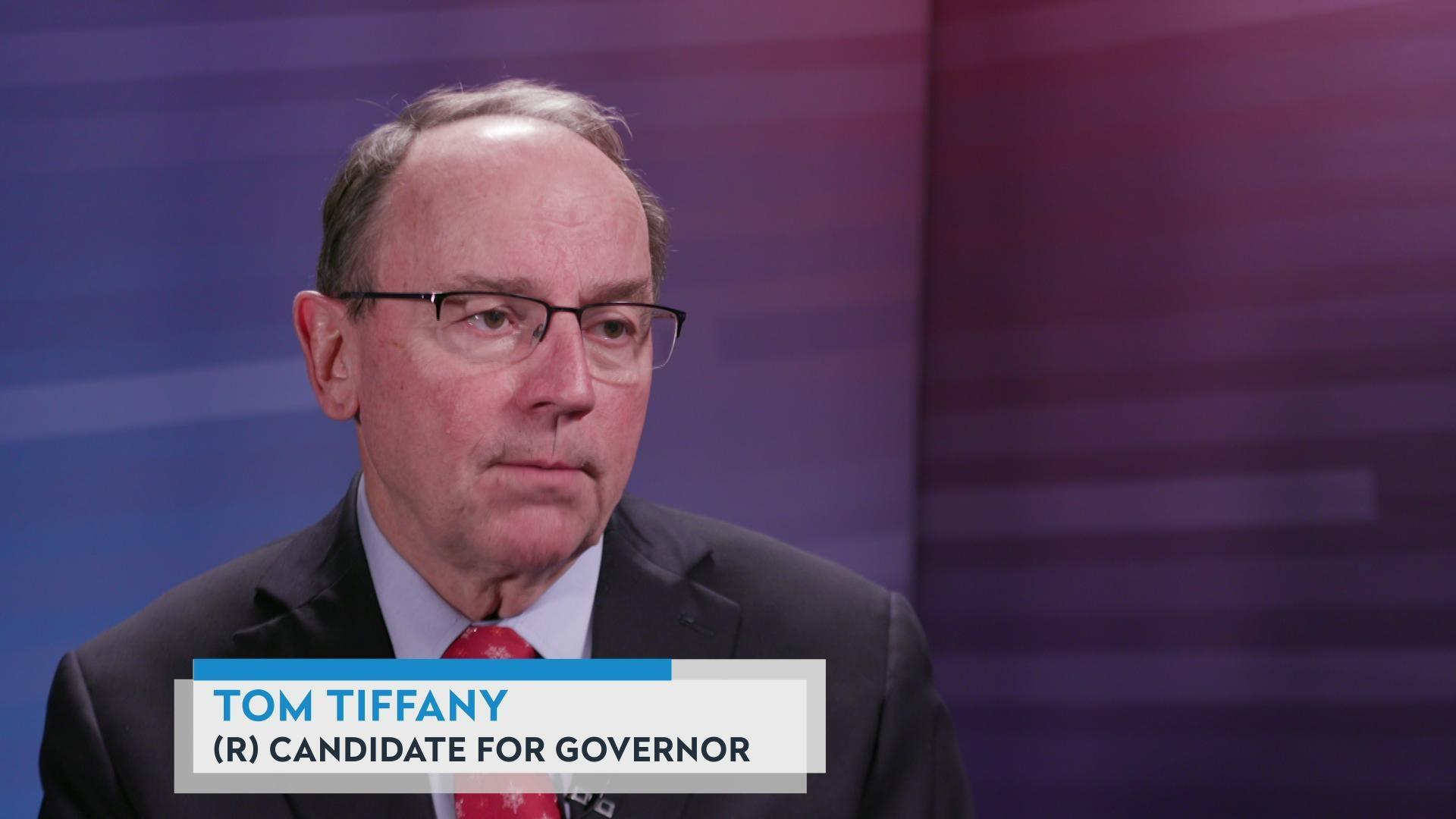


Follow Us